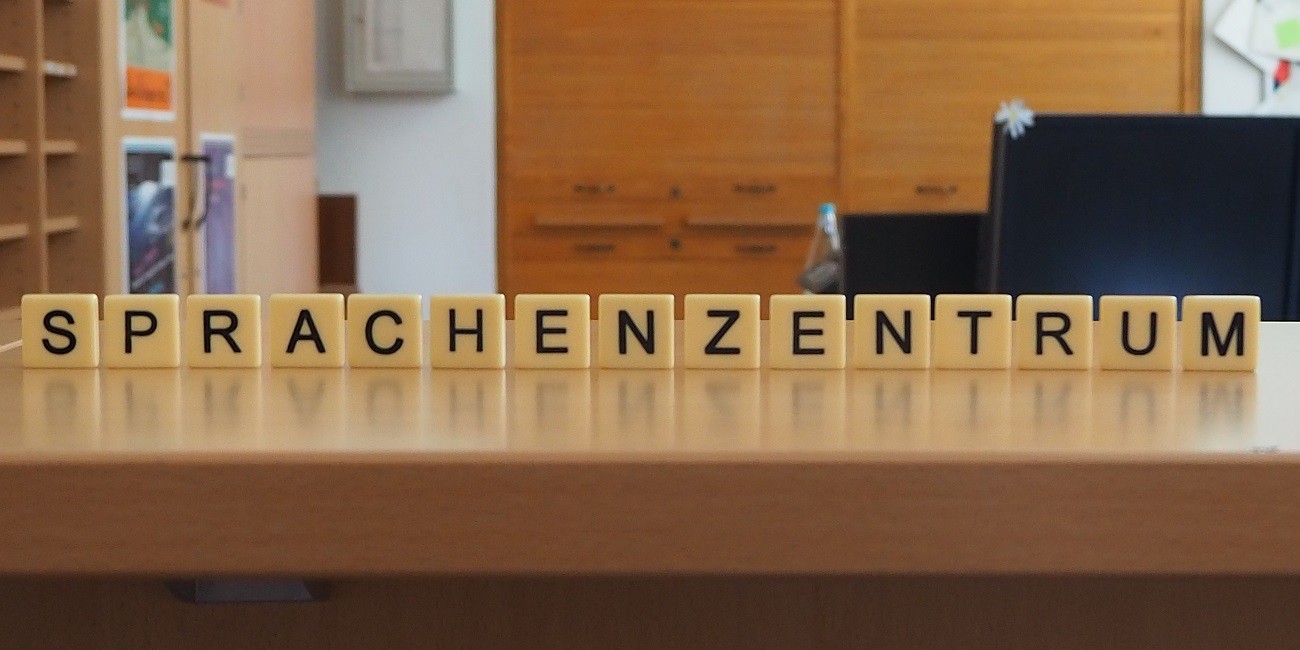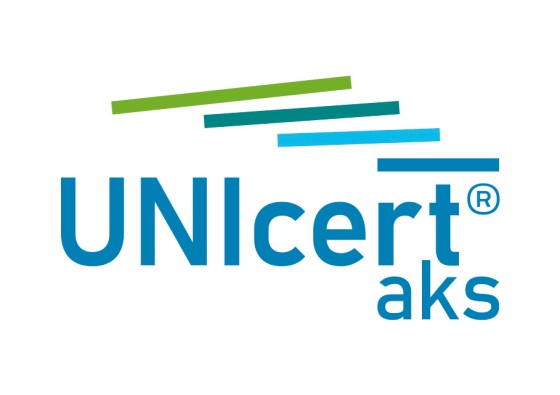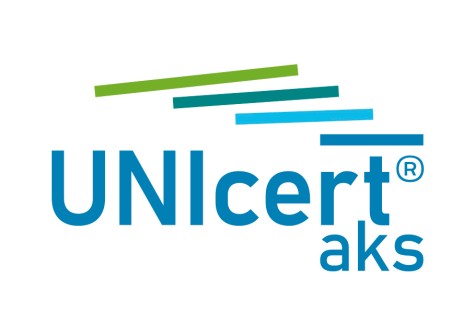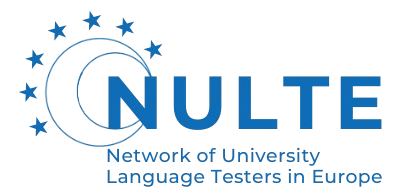Language Resource Centre

The UNIcert® system: What is it about?
The purpose of UNIcert®️ is to ensure the quality of language teaching and testing at institutions of higher education. The focus of UNIcert®️ is on empowering the learner to function in a foreign language in the context of university and later carreer.
UNIcert®
UNIcert® refers to language education for higher education purposes. The aim of the UNIcert® system is to ensure comparable and equivalent language teaching across institutions of higher education. For these reasons, institutions of higher education are not permanently accredited for UNIcert®; instead, the accreditation is granted for a limited period of five years only. Following this 5-year period, the accreditation must be re-evaluated and re-granted to ensure that the quality of the language programme maintains a consistently high standard.
The UNIcert® network allows students to seamlessly continue their foreign-language training at another university provided this university offers the desired language and proficiency level based on a UNIcert® accreditation.
The UNIcert® system comprises five proficiency levels that are aligned with the Common European Framework of References for Languages of the European Council:
- UNIcert® Basis aligns with A2
- UNIcert® I aligns with B1
- UNIcert® II / UNIcert® II heritage languages align with B2
- UNIcert® III aligns with C1
- UNIcert® IV aligns with C2
NULTE
Since 2018, continuous language programmes are not only possible at UNIcert®-accredited universities but also via NULTE, the Network of University Language Testers in Europe, in addition to UNIcert®LUCE (Slovakia and the Czech Republic), Acert (Poland), CertAcles® (Spain), CLES (France) and UNILANG (the United Kingdom).



